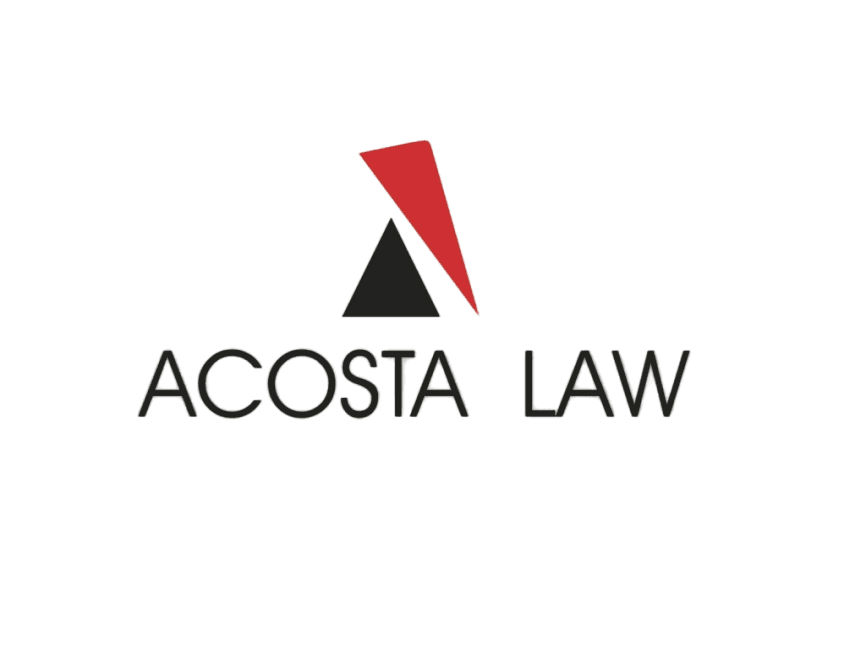Is Bankruptcy Right for You? A Step-by-Step Decision Guide for Harris County Residents
Understanding Bankruptcy
For many residents of Harris County, financial stress is an all-too-familiar reality. If you find yourself overwhelmed by debt, you might be considering bankruptcy. But is it the right choice for you? Understanding the basics of bankruptcy is the first step in determining if it’s the right path to financial recovery.

Bankruptcy is a legal process that can help individuals eliminate or repay debt under the protection of the bankruptcy court. It can provide a fresh start, but it’s not a decision to be taken lightly. Let’s explore the steps and considerations involved in making this important decision.
Assessing Your Financial Situation
Before deciding on bankruptcy, you should have a clear picture of your financial situation. This involves listing all your debts, assets, income, and expenses. Are there alternatives to bankruptcy, such as debt consolidation or negotiation? These options might be worth exploring before making a final decision.

Take stock of your debts. Are they primarily unsecured debts like credit card bills and medical expenses, or secured debts like a mortgage? The type of debt can influence whether bankruptcy is a viable solution.
Types of Bankruptcy
There are different types of bankruptcy filings available, each suited to different situations. The most common for individuals are Chapter 7 and Chapter 13.
- Chapter 7: Often called "liquidation bankruptcy," this involves selling assets to pay off debts. It’s suitable for those with limited income.
- Chapter 13: Known as "reorganization bankruptcy," this allows you to keep your property and pay debts over time. It’s ideal for those with a regular income.

Understanding the differences between these chapters can help you decide which option aligns with your financial goals.
Consulting a Bankruptcy Attorney
Consulting with a bankruptcy attorney in Harris County can provide you with expert advice tailored to your situation. They can help you understand the complexities of bankruptcy law and guide you through the process if you decide to proceed.
An attorney can also assist in determining which type of bankruptcy is right for you and help with filing the necessary paperwork. This professional guidance can make the process smoother and less stressful.
Long-Term Implications
It’s essential to consider the long-term implications of filing for bankruptcy. While it can provide immediate relief from debt, it also impacts your credit score and remains on your credit report for up to 10 years. This can affect your ability to obtain loans, credit cards, and even employment opportunities.

Understanding these consequences can help you make an informed decision about whether bankruptcy is the right choice for your financial future.
Making the Decision
Deciding whether to file for bankruptcy is a personal decision that requires careful consideration of your financial situation, future goals, and available alternatives. By following these steps and consulting with professionals, you can make an informed choice that aligns with your needs.
Remember, bankruptcy is just one tool in the financial toolbox. Whether you choose to file or explore other options, taking proactive steps can lead you toward a more stable financial future.
